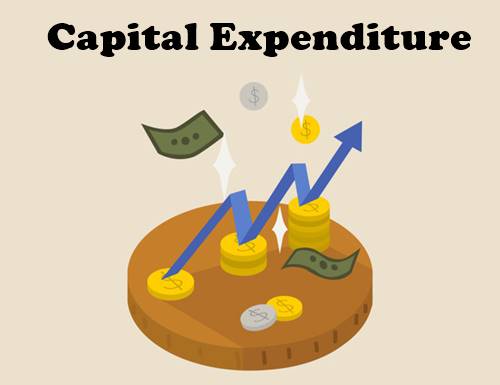![]()

Does Capital expenditure affect the financial statements of a business
Capital expenditures are investments made by a business in long-term assets like property, plant, and equipment. These expenditures have important implications for a business’s financial statements:
1.Balance Sheet: Capital expenditures increase the assets of the business. Long-term assets, such as buildings, machinery, and equipment, are recorded as assets on the balance sheet, reflecting the value added to the business through these investments.
2.Income Statement: While capital expenditures don’t directly impact the income statement, they indirectly affect it by reducing taxable income. These expenditures can depreciate over their useful lives, resulting in a decrease in taxable income each year. This depreciation expense may reflect on the income statement.
3.Cash Flow Statement: The cash outflow associated with capital expenditures is recorded in the cash flow statement under investing activities. This highlights the significant cash outflow required for the business to acquire and invest in long-term assets.
For more information visit this site: https://www.mca.gov.in
Overall, capital expenditures have a lasting impact on a business’s financial health. They contribute to increased assets on the balance sheet, help manage taxable income through depreciation, and involve substantial cash outflows. Therefore, Understanding the effects of capital expenditures on financial statements is crucial for assessing a business’s long-term financial position.
